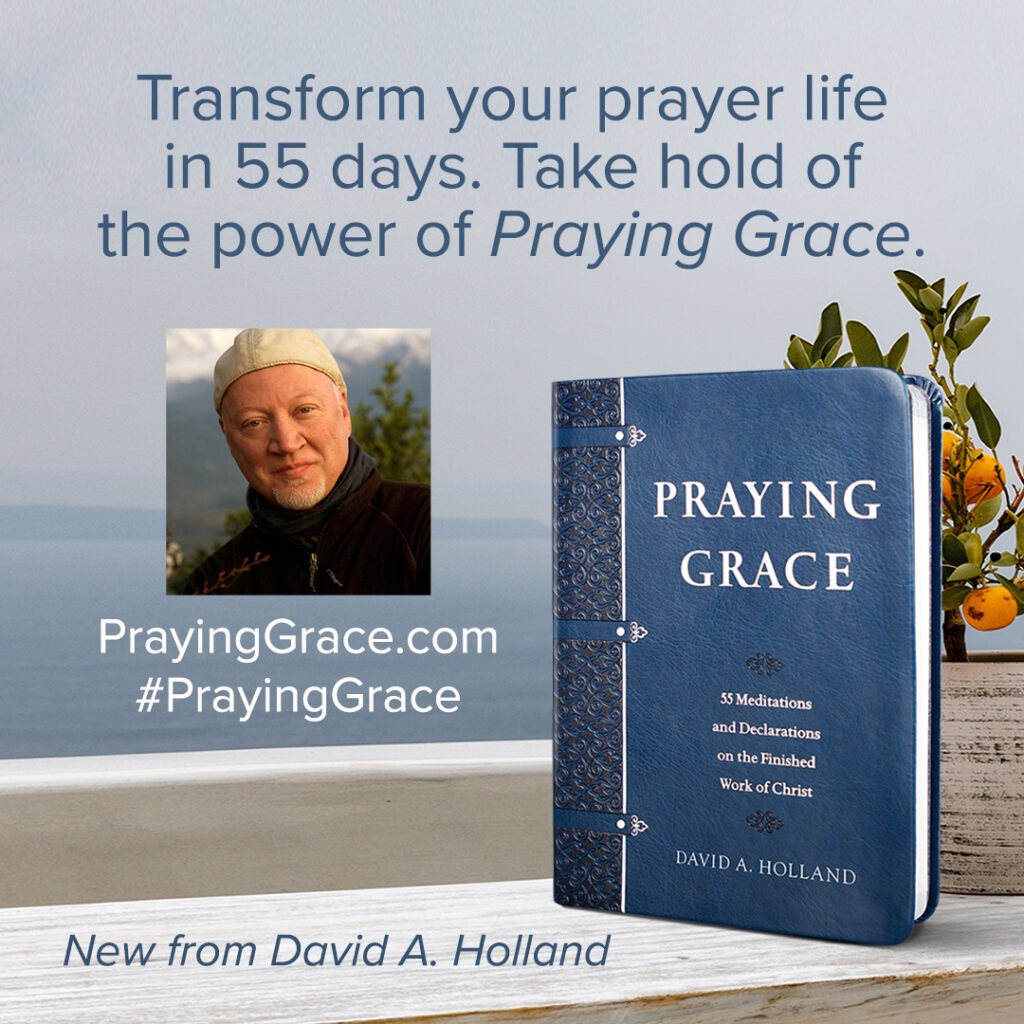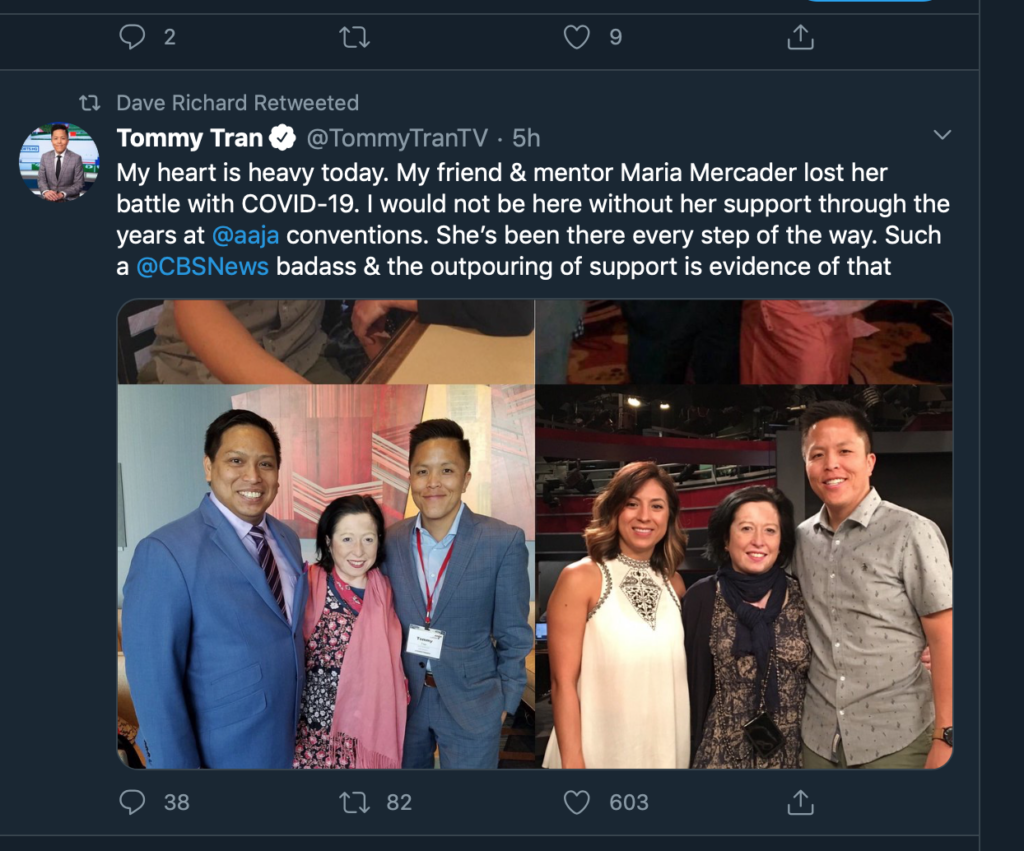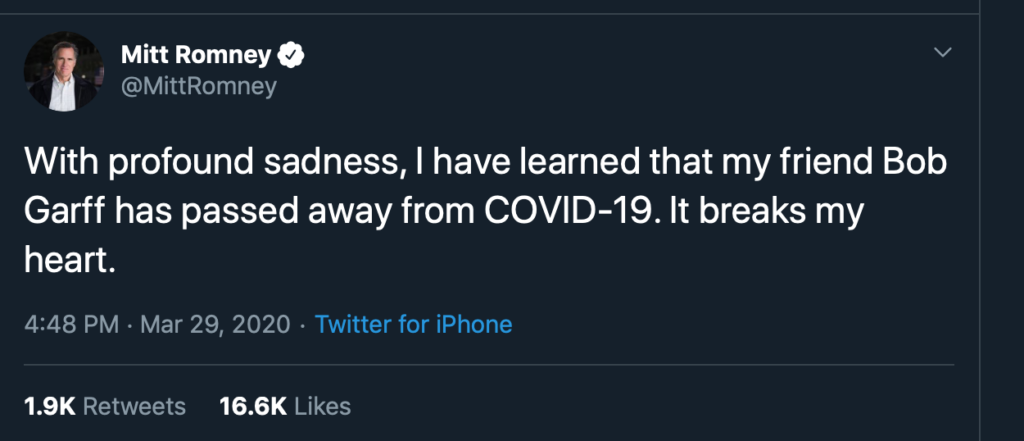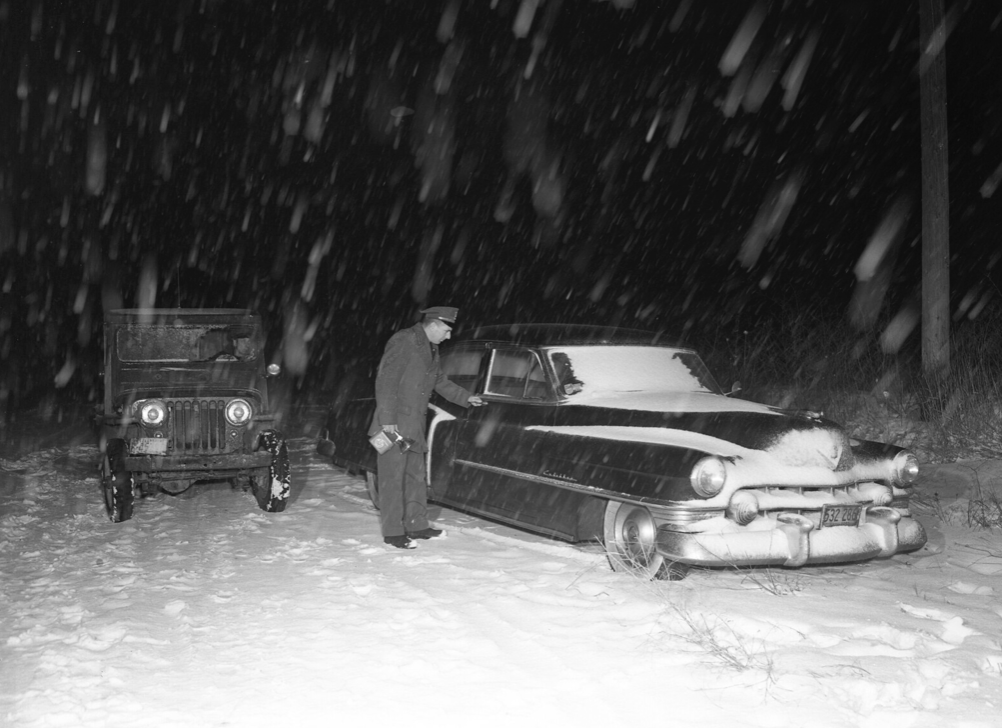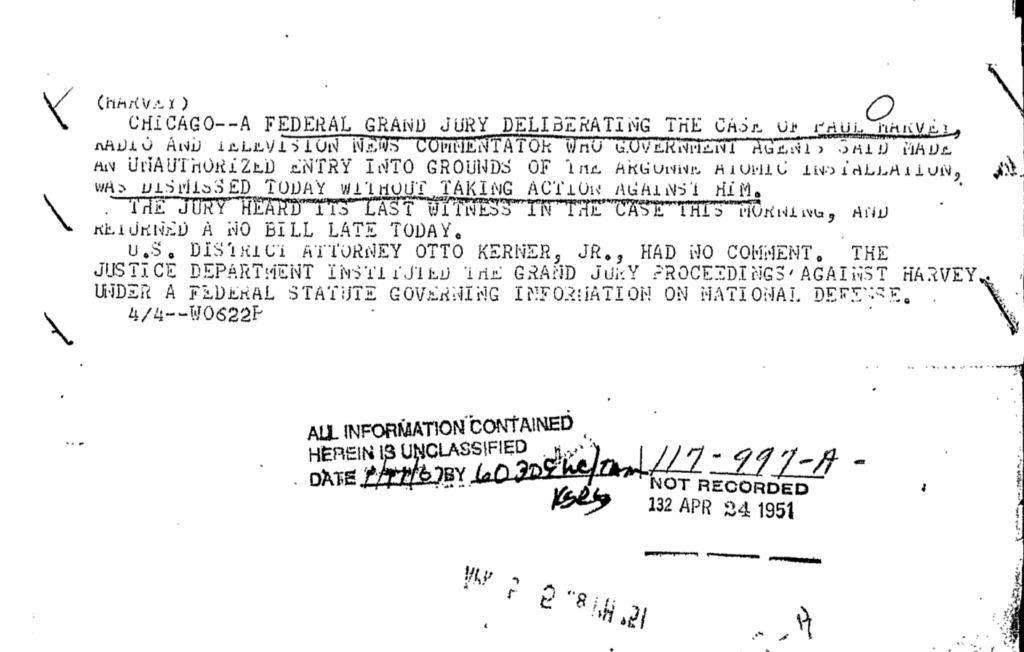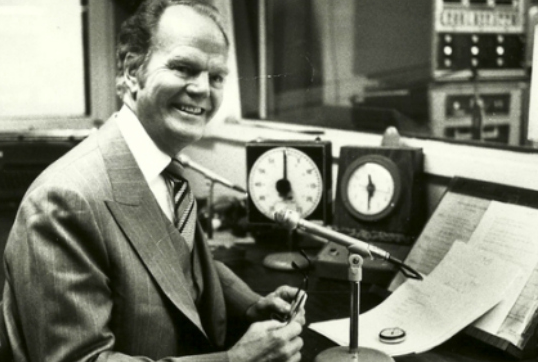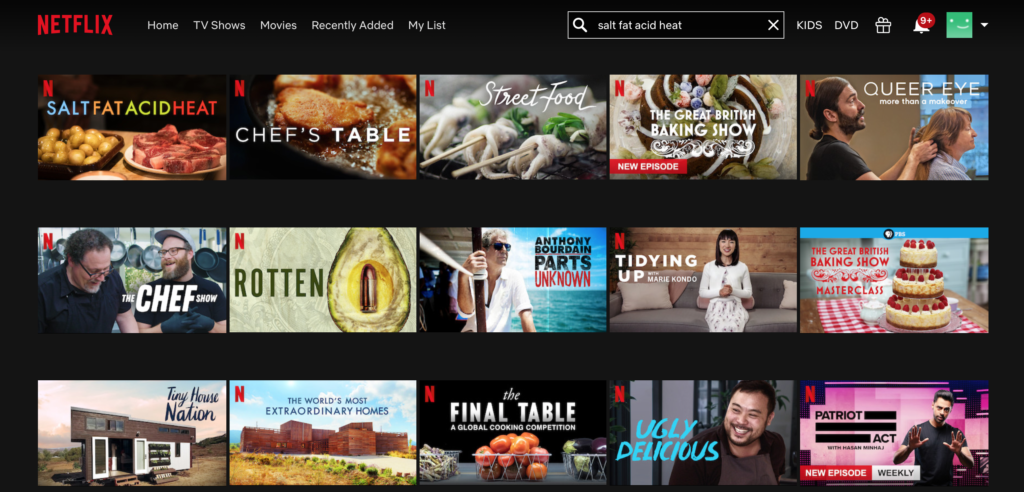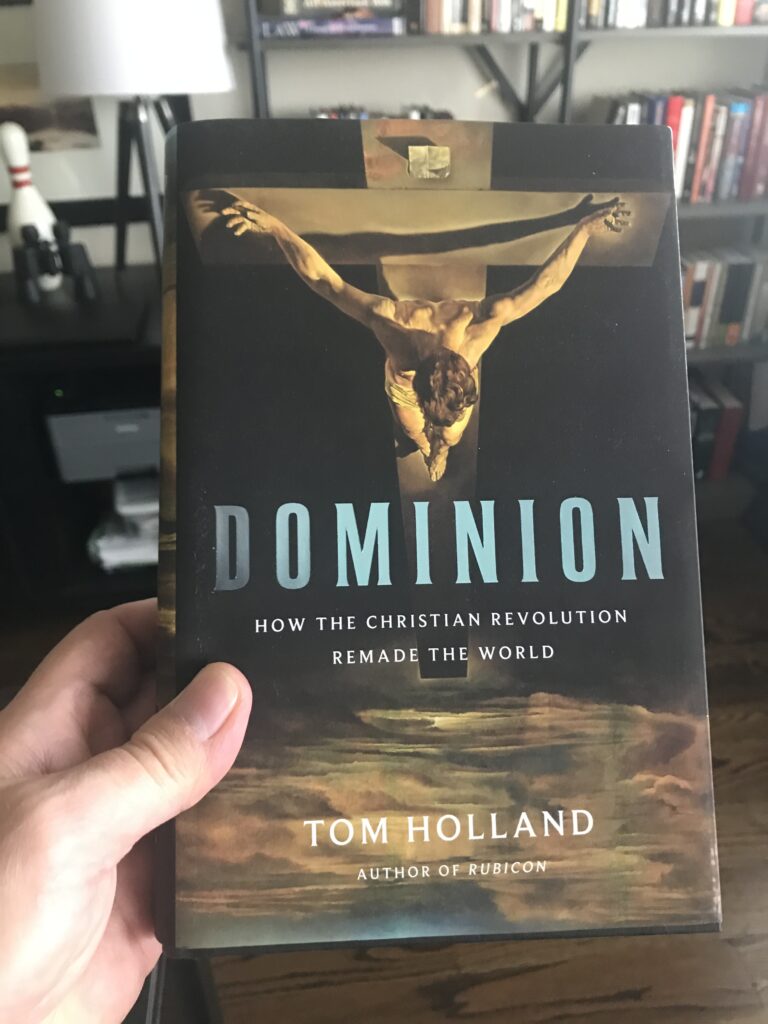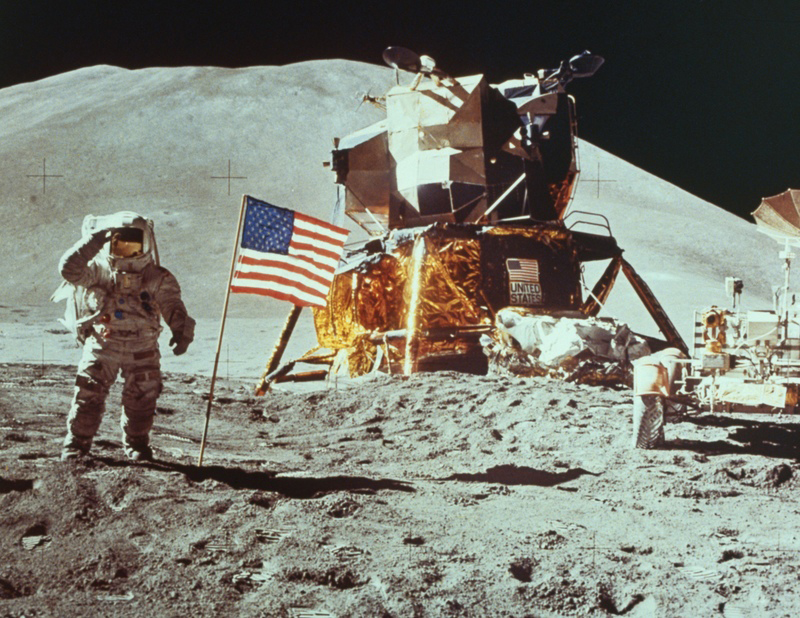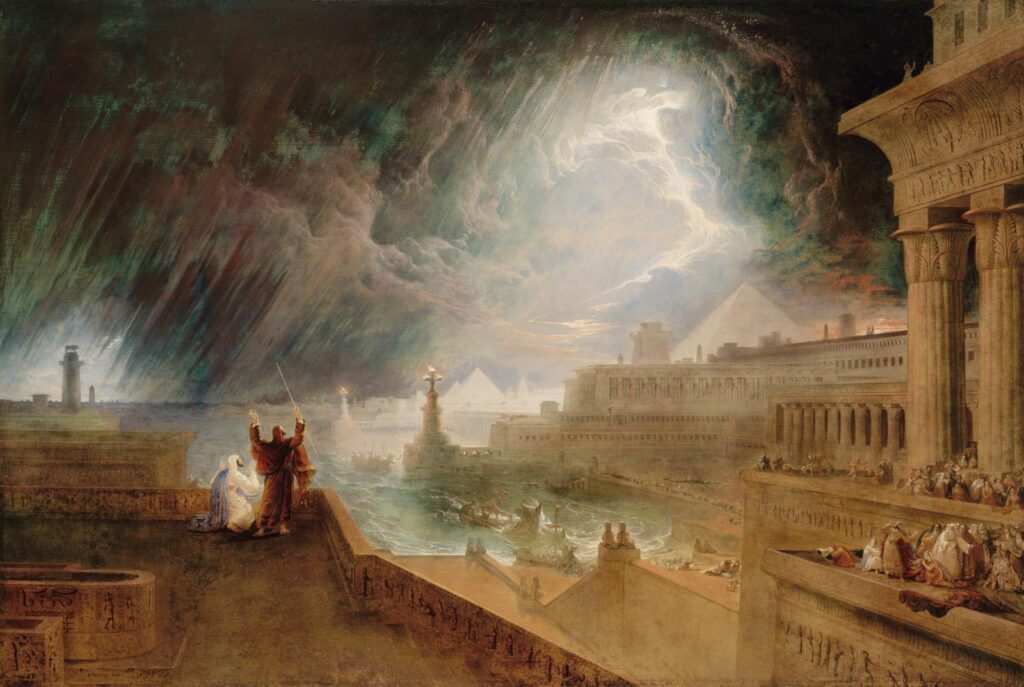
Well, since I can’t promote my new book because no one can buy it right now, because “virus,” I might as well weigh in on the biggest news story since 9/11. (Update: Books are finally available, wherever amazingly awesome books are sold. Like here.)
My weight on this issue is about 1.25 micrograms, because I am completely uncredentialed, unqualified, and unequipped to know much about what’s going on. (Which puts me in the same boat as 99.99% of the other people expressing strong opinions online and on television right now.)
What follows are a few random thoughts and observations as of Sunday morning, April 19, 2020. By April 20, some of these thoughts will almost certainly have been modified.
1. This virus caught us unprepared. But it shouldn’t have.

We’ve had smart, knowledgeable people warning us for years that we’d dodged bullets with outbreaks like H1N1, H5N1, and other mutations of the flu. I tend to read lots of science blogs and I’ve seen scores of warnings over the last 15 or 20 years—warnings that anticipated the very thing we’re facing right now.
(Which makes it both hilarious and kind of sad that some people think Bill Gates’ TedTalk warning a few years ago consitutes some sort of smoking gun that he helped create the Covid-19 virus. More on conspiracy theories in my next post.)
Nevertheless, we weren’t remotely ready when this thing popped up in China and started spreading around the planet via airliners and cruise ships. So, we needed to buy some time to hurriedly do what we should have already done. Which leads me to my next point.
2. This quarantine business was always a Band-Aid, not a cure.

It’s becoming increasingly clear that a lot of people think we have to keep sheltering in place with huge chunks the economy frozen until nearly all risk is gone.
That was never the plan. It can’t be the plan.
The whole rationale of “flatten the curve” was to buy time for our medical infrastructure to get equipped to handle a lot of sick, infected/infectious people. Ventilators and personal protective equipment needed to be stockpiled. Beds needed to be readied. Virus tests and antibodies tests needed to be developed, mass produced and distributed.
But gradually over the last few weeks, the media, half our politicians, and a whole lot of Americans obviously started thinking that the quarantine HAD to remain in place until it was perfectly safe for everyone to go back to the way things were three months ago.
Again, no.
This untenable belief quickly emerged for a several reasons.
First, people trained in planning for and dealing with large-scale events with lots of unknowns and variables (such as planning for wars and natural disasters) are taught to envision and plan for “worst case scenarios.”
People charged with knowing how to win wars before they start and address earthquakes before they happen must create models and plans of action that anticipate the worst possible set of circumstances. It would be irresponsible not to do so.
Many of the models generated in the early days of the outbreak did just this. (See here for details.) And they did so using variables that weren’t very reliable because the data out of China was so untrustworthy. But the media—which is largely scientifically illiterate—tended to report those “worst-case-scenario models as actual predictions.
Second, in order to justify the lockdown and encourage maximum compliance by the general public, it became necessary to scare the living daylights out of people. (While at the same time falsely telling them that masks weren’t helpful, so people wouldn’t hoard them and make it even harder to equip medical personnel.)
Yes, in the opening days of this event, the President was trying to reassure people and calm panic. But that ended once the disaster planners and epidemiological experts started driving, and the media quickly jumped on board. It worked, sort of.
They’ve been so effective at convincing some significant percentage of the population that going to work or school is flirting with death (and for a small percentage of the population, it is), that many people have now logically concluded that it will not be safe to go into public places until the virus is, somehow, completely eradicated.
There is a third reason so many have quickly begun to think that way.
We have a huge number of citizens who now view the government as their de facto “messiah.”
They look to their national government to supply everything a savior would provide—provision, protection, assurance, and healing.
In biblical terms, the Messiah is the one who rolls back all the negative effects of “the curse” that resulted from the fall of mankind. In the deepest part of every person, there is an awareness that we need that messiah. This awareness lies at the root of all false religion and religious activity.
Today, many have been taught and trained to view the central government in messianic terms. They have religious-style faith that government can and should act to roll back every aspect of the fall and usher us back into the Garden of Eden—just as the ancient prophet Joni Mitchell foretold, and psalmists Crosby, Stills & Nash decreed.
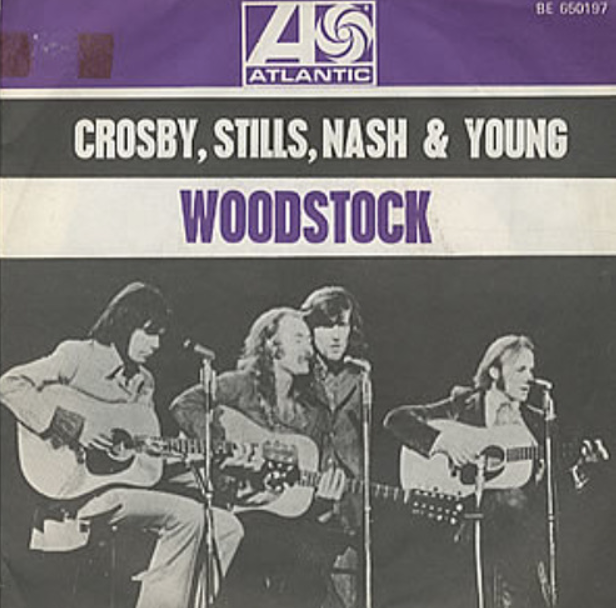
If you reject the biblical narrative of the fall and the curse, then you will view both humanity and creation as essentially good and perfectable. And you will quite logically believe it necessary to invest enightened governing elites with enormous power and control. Liberty and personal freedoms must be curtailed in the utopian quest for collective Eden.
This is why control of the White House, Congress, and the courts is an all-consuming obsession with them. And why they pretty much lose their ever-loving minds if their side isn’t in total political control.
Now apply this mindset to the current crisis. You end up with: The government must exercise restrictive control over all things in life and business in order to reduce the risk to all people to something close to zero.
Here’s the thing: That’s impossible. And the costs of attempting this fool’s errand are devastatingly high.
In the U.S. alone, more than 22 million Americans have filed for unemployment claims in the last few weeks. (UPDATE 4/23: Claims are now up to 26 million, or 16% of the U.S. workforce). But they’re actually the fortunate ones. Millions and millions of self-employed people and entrepreneurs whose businesses have been shut down can’t file for those benefits.
Yes, it can seem cold-hearted to point it out, but living life on fallen planet earth is a risky enterprise. And there is only one true Messiah who can effectively mitigate those risks.
They’re out there: Drunk drivers; lightning strikes; meteors; banana peels on floors; crazy people with knives and guns; and forces of nature. And trillions and trillions of germs. Hostile bacteria and viruses—airborne, water-borne, food-borne, tick-borne, and mosquito-borne.
Anyone who thinks that government can make living life on planet earth a risk-free proposition is delusional.
So again, the quarantine was never about—and could never be about—eliminating the risk for individuals. That’s not the planet we’re on. It could only be about preparing the capacity of our health care system to treat and restore as many sickened people as possible.
And yet the utopians are already trying to shame and shout down anyone who makes this case.
By the way, I have several “at risk” people in my life who I love desperately. One lives under my roof. I’ll do my best to protect them. But we cannot impoverish millions to simply maintain an illusion of safety for them. Nor do my loved ones want us to.
This is not to say that our leaders don’t have some brutally difficult choices to make over the weeks and months ahead. It will require the wisdom of Solomon at the peak of his powers to strike the right balance between minimizing health impacts and minimizing economic impacts.
And those decisions will have to be made in the middle of a toxic, hyper-politicized, election-year environment. Lord Jesus help us.
In Part II of this post, I’ll address the numerous, spectacular conspiracy theories and rumors this event has generated.

